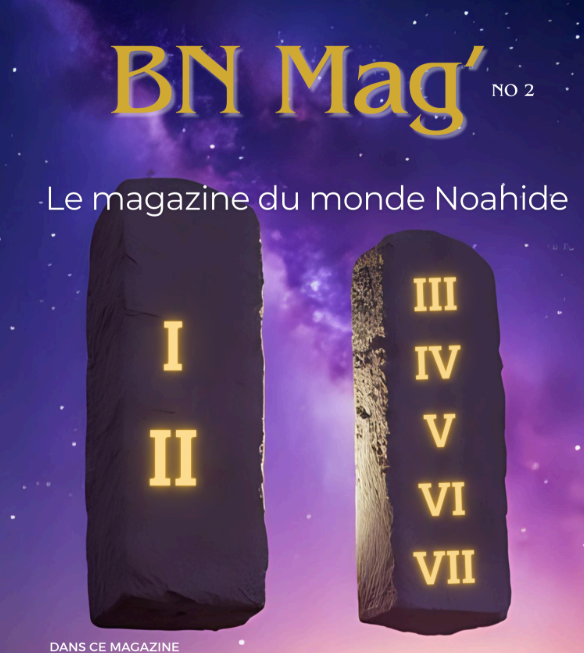The struggle between Cain and Abel in the biblical story is a little confusing, as it is said: "And Cain spoke to his brother Abel, and it happened that while they were in the field, Cain rose against his brother Abel and killed him. him." (Genesis 4:8) But where exactly did Cain "rise"?
Rabbi Yochanan provided a fascinating commentary on this event, suggesting that Abel was physically stronger than Cain. This means a physical altercation, while at the opening point, Abel is stronger than Cain. And he was in a victorious position; Abel was over Cain. Cain felt threatened by this and asked Abel how he would justify the murder of him to their father. In a moment of mercy, Abel released Cain; he "rose up." However, this act of kindness proved tragic, as Cain immediately rose against him and killed him. From this incident comes the saying: "Do not do good to the wicked, and no evil will come upon you." (Midrash Rabbah 22/8).
Abel's main mistake was that he believed Cain was on the same level of morality as himself, and just as he would not find the moral explanation for killing his brother Cain, Cain would not kill him for the same reason. And it was a mistake that cost him his life!
This story raises the question of how Rabbi Yochanan's interpretation, which emphasizes the possible negative consequences of giving mercy or doing kindness to an evil person, relates to the broader concept of moral behavior and the need to use discretion in acts of kindness and compassion—considering the nature and intentions of the recipient.
The answer to this question lies in the moral dilemma presented by Rabbi Yochanan's interpretation. His perspective suggests that while acts of kindness and mercy are essential aspects of ethical behavior, they should be exercised with discretion and consideration of the recipient's character and intentions. In Abel's case, his unreserved kindness to Cain ultimately led to his death. This cautionary tale serves as a reminder to reflect on the moral consequences of our actions and to exercise moral discernment in our interactions with others, even when it comes to acts of kindness and compassion.
Moral Principles of War
1. The goal of battle is to be victorious over the enemy
2. Thus, any action which brings to the enemy’s surrender should be taken
3. The amount of force necessary depends on what the enemy sees as a loss. When death in the battlefield is not seen as a loss, rather as a reward, it is morally legitimate to hit the enemy precisely in what the enemy sees as a loss and which brings the enemy to surrender
4. A civilian population which supports terror and which educates to terror is an integral part of the aims of battle
5. International treaties bind those countries which have signed them. However, against enemies who do not abide by them, it is morally legitimate to do the same

Sources:
[1]
“And Cain spoke to Abel his brother, and it came to pass when they were in the field, that Cain rose up against Abel his brother and slew him. [Genesis 4:8]
[2]
From were exactly Cain “rose-up”?
Rabbi Yoḥanan said: Abel was stronger than Cain, as the verse need not have stated: “rose up.” Rather, it teaches that he had been situated underneath him. He [Cain] said to him: ‘There are the two of us in the world, what will you go and say to Father?’ *If you kill me. He [Abel] became filled with mercy for him [and released him]. Immediately, he [Cain] rose up against him and killed him. From there they say: Do not do a favor for a wicked person, and evil will not befall you. [Midrash Rabbah 22/8]



